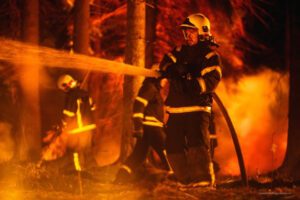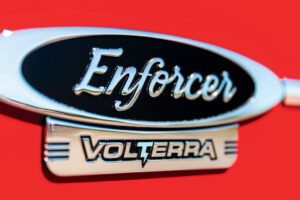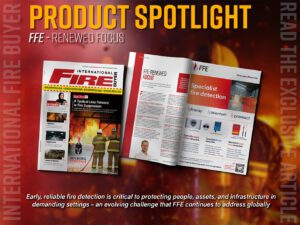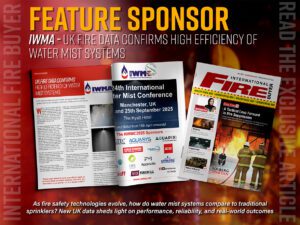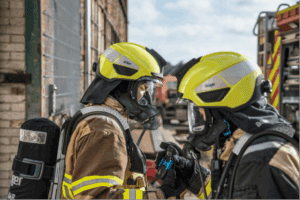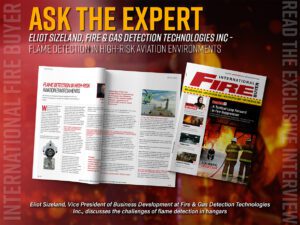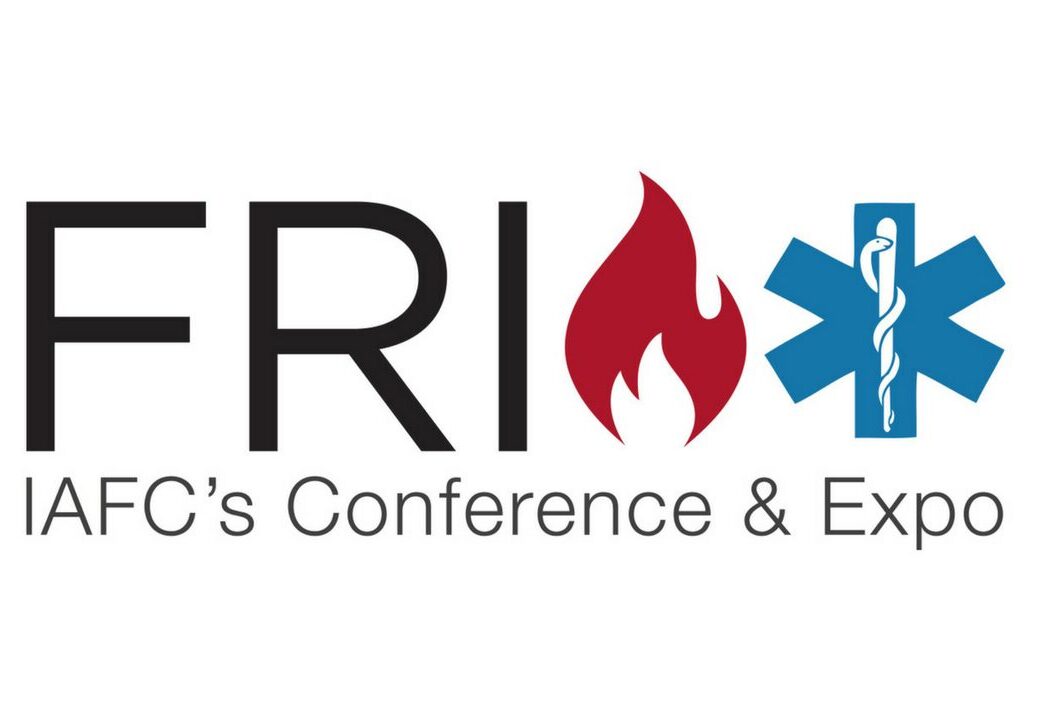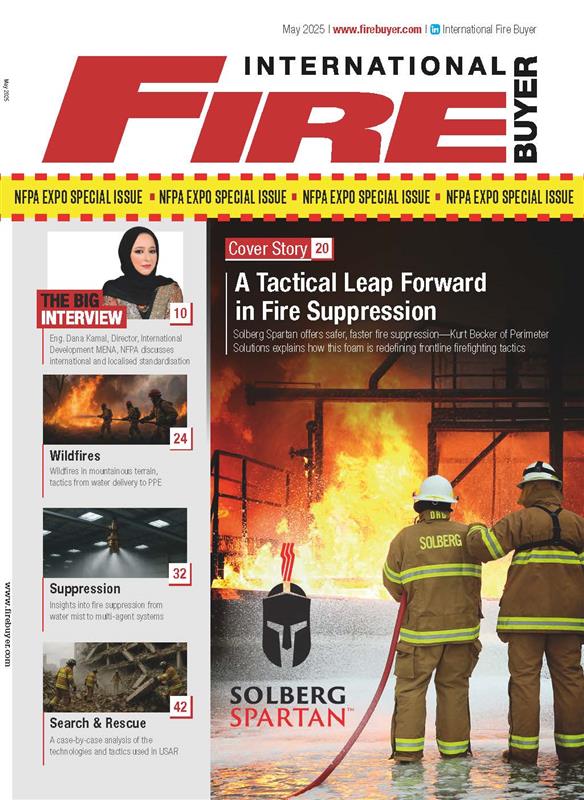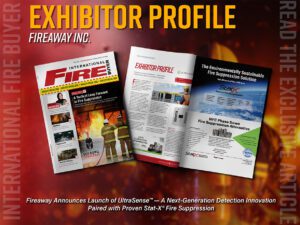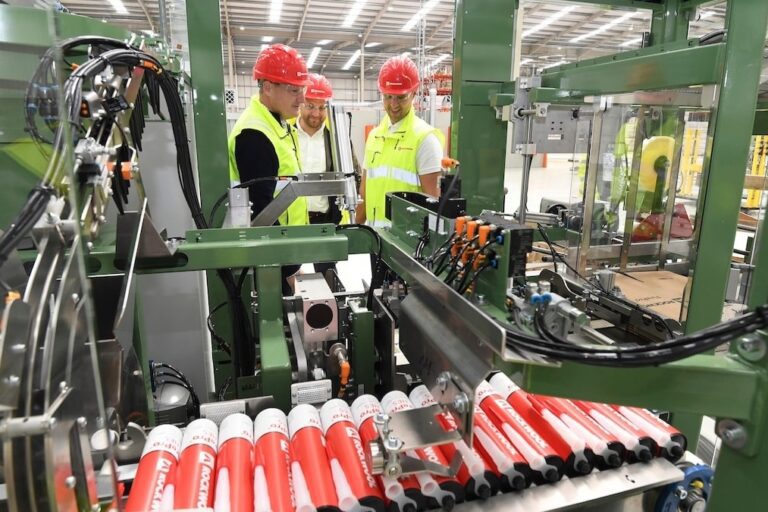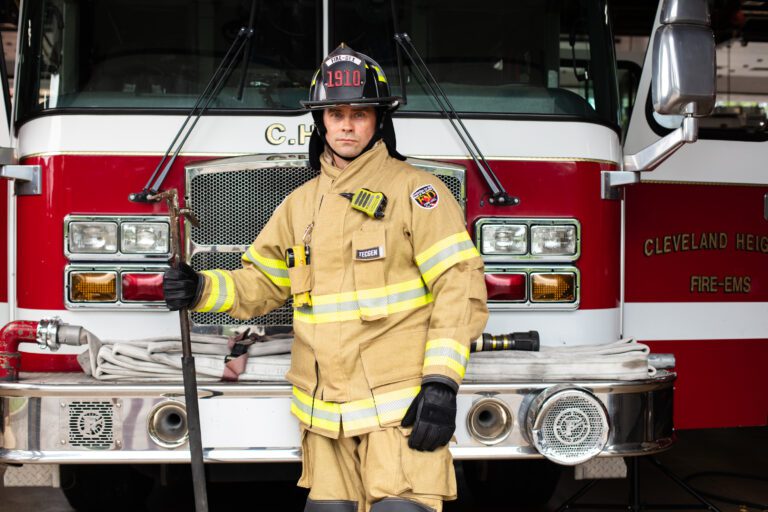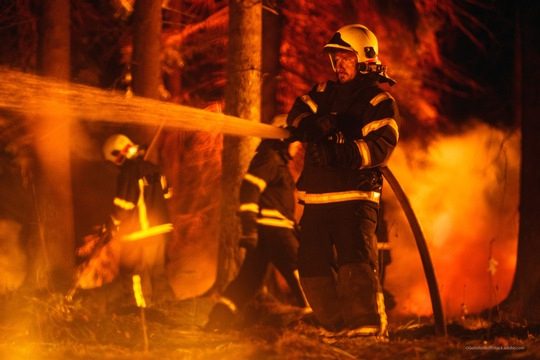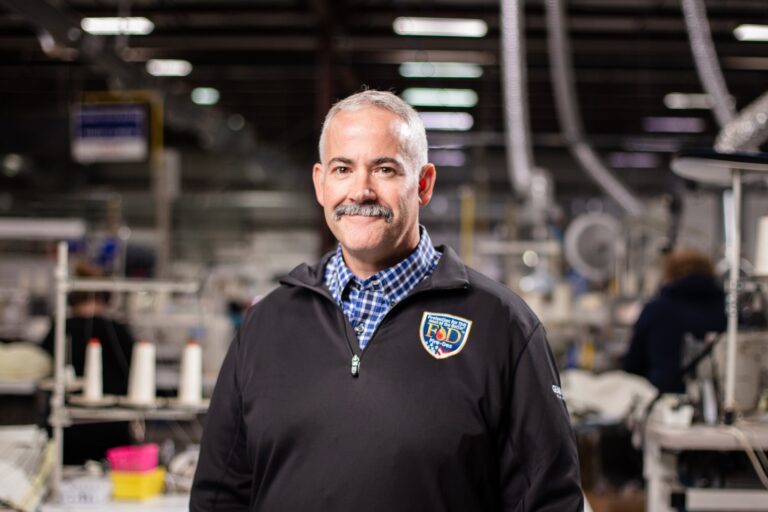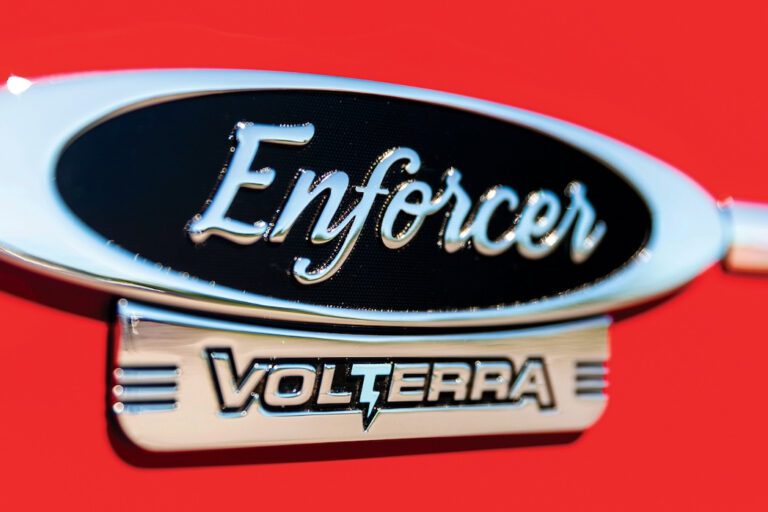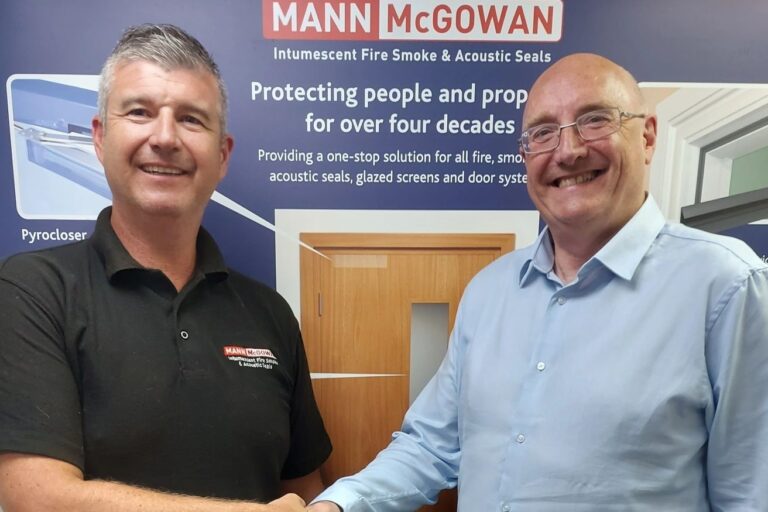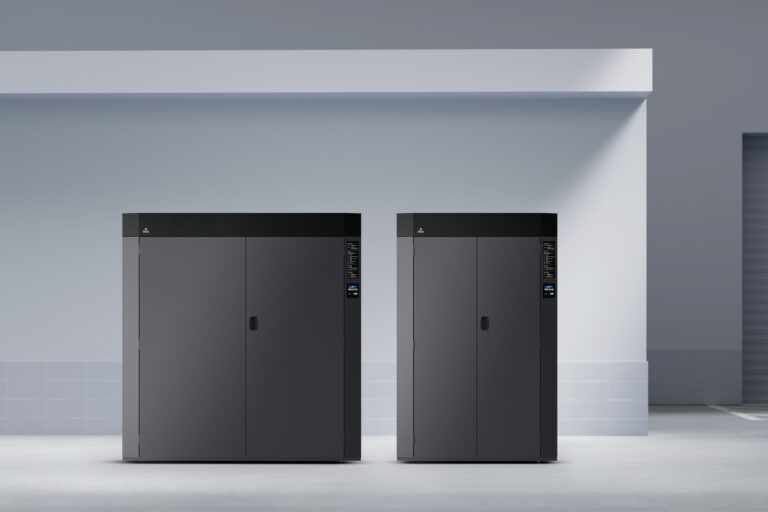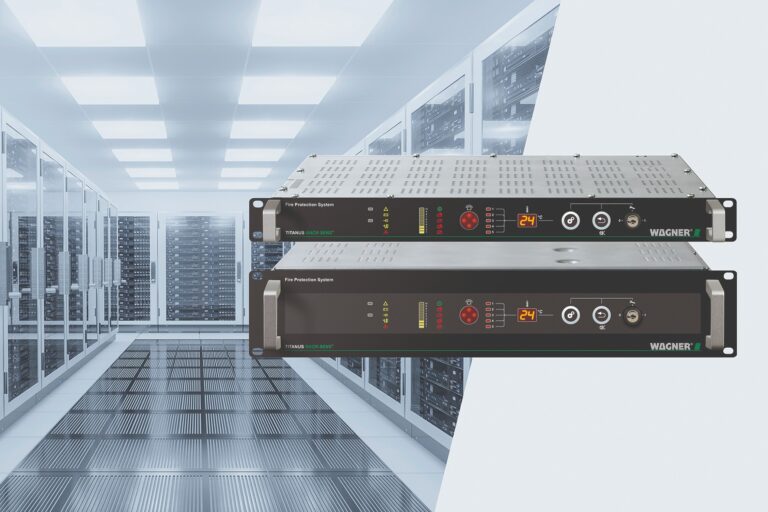As electric vehicles (EVs) glide into our streets, the National Fire Protection Association® (NFPA®) has unfurled a suite of gratis resources, directives and insights aiming to fortify understanding surrounding EV-related fires and safe home charging practices.
Per the International Energy Agency, global electric vehicle sales eclipsed 10 million in 2022 and are projected to surge in forthcoming years. Simultaneously, consumer apprehensions regarding the fire safety hazards linked with EVs are on the ascent. Lithium-ion batteries, the prevalent and dependable energy source for electric vehicles, have become focal points in safety discussions.
“It’s widely acknowledged that electric vehicles confer environmental and cost-saving advantages,” remarked Lorraine Carli, vice president of Outreach and Advocacy at NFPA. “Nevertheless, with EV-related fire incidents making headlines, concerns persist about their associated risks. Through advocacy endeavours spotlighting our novel online resources and insights, NFPA is striving to enlighten the public regarding the hazards linked with EVs and other devices reliant on lithium-ion batteries, alongside measures to employ them safely.”
The newly launched online resources by NFPA furnish in-depth insights into lithium-ion batteries, EV upkeep and safety protocols for consumers when charging their electric vehicles at home. These resources, catering to safety educators and consumers alike, encompass safety tip sheets and social media assets, all freely downloadable. Furthermore, a complimentary training programme is at hand for the public, addressing prevalent concerns and misconceptions about owning an electric vehicle, encompassing safety mechanisms, charging variants and battery longevity.
NFPA advocates the following precautions for safe electric vehicle charging at home to avert fire hazards:
- Prior to commencing electric vehicle charging at home, enlist a qualified electrician to scrutinise your electrical infrastructure’s capacity for charging.
- Position charging equipment in secure locales, steering clear of high-traffic areas and potential fire hazards.
- Utilise devices certified by accredited testing laboratories.
- Thoroughly peruse and adhere to all manufacturer instructions.
- Inspect chargers and cords for any signs of damage before usage; refrain from using if compromised.
- Avoid using multiple plugs or extension cords with the charger.
- Store charging paraphernalia out of reach of children and animals when not in operation.
- Shield the charging station outlet to prevent water ingress.
To read more exclusive articles and latest news, see our last issue here.
Never miss a story… Follow us on:
International Fire Buyer
@Firebuyer
Fire Buyer
Media Contact
Rebecca Spayne Managing Editor, International Fire Buyer
Tel: +44 (0) 1622 823 920
Email: [email protected]



